Los Angeles Partial Hospitalization Program
Addiction is a massive ongoing challenge for the US as a whole, but for the LA area in particular. Outpatient Los Angeles is an addiction treatment center serving LA County that provides innovative treatment in a comfortable facility. We offer several levels of care. Those looking for an intensive treatment program may benefit from our Los Angeles partial hospitalization program.
This recovery program is incredibly intensive and focused and provides many of the same benefits that can be found with inpatient or residential treatment. Learn more about our PHP in Los Angeles and how it could help you or a loved one on the journey to recovery.
What Are Partial Hospitalization Programs In Los Angeles?
Partial hospitalization programs, or PHPs, are one of the most intensive and comprehensive of all outpatient programs. They are programs that involve significant daily participation in a focused environment that leverages things like evidence-based treatment methods, group sessions, addiction education, and even holistic practices for a better chance at a resilient recovery.
Our PHP in LA is often called a “day program.” Not only will you have a wide range of activities planned for every day in your treatment schedule, but your visits will have you at the center all day long.
Common Elements Of PHP In Los Angeles
While everyone’s road to recovery is going to look different from someone else’s, there will often be some common elements and treatment methods in common from one to. The most common elements of PHPs in Los Angeles include individual psychotherapy, group therapeutic activities, and recovery assistance with medication.
Psychotherapy
Psychotherapy is one of the most important components of recovery for several reasons. First, it helps break up and scrutinize old thought patterns that have worked to keep the individual in a cycle of poor coping mechanisms. Second, it helps to diagnose and identify other psychological damage such as trauma, abuse, or just a significant life-altering event of some sort. Some of the common therapies include:
Cognitive behavioral therapy
Dialectical behavior therapy
Contingency management
Exposure therapy
Motivation enhancement therapy
Group Therapy
Group therapy sessions are often the primary activity in most outpatient programs, regardless of the program intensity. There are different types of groups as well, including small groups where the attendees are encouraged to share when comfortable and are generally guided by a licensed clinician.
There are also educational classes that help put the patient’s attention on how they deal with interpersonal relationships. These classes focus on psychosocial education and the overarching family-related aspect of recovery and are taught tools to help them communicate more effectively, resolve more conflicts, and techniques for stress reduction.
Finally, there are family-focused groups that help encourage family members to discuss and heal trauma and conflict that has been buried or lingering for long periods. These sessions are frequently built around rebuilding trust and avoiding becoming codependent or an enabler. They also teach healthy ways to support loved ones in recovery.
Medication-Assisted Recovery
For many people about to enter into recovery, doctors and clinicians are going to recommend undergoing some form of medication assistance. In some cases, it may be medication-assisted detox, because the addiction was so severe or long-lasting, is the best option, and it’s important to remain open to it. The medication that you may be assigned as part of this treatment will generally be prescribed to help minimize the uncomfortable and even painful symptoms of withdrawal.
Medication-assisted recovery can be a common treatment recommended for many individuals struggling with either heroin or alcohol addiction. The detox and withdrawal stage for both of these can be incredibly challenging, as well as uncomfortable, particularly if the addiction has been in place for a long time or is the result of very large doses. The medication is used to lessen the impact of the sometimes severe physical withdrawal symptoms, so the individual is less tempted to relapse fully.
Request a 100% Confidential Callback
Still have questions? Request a callback or give us a call today.
- No Obligation When You Call
- All Contact Is Completely Confidential
- Expert and Caring Staff Ready For You
- 5-Star Rated Programming
What Will My Day In a PHP in Los Angeles Look Like?
One of the biggest concerns for people considering starting a partial hospitalization program is what their day will look like, and what they’ll be doing. For most people, their day will be relatively routine once they get into the process. The biggest difference is your very first day, which is generally spent making introductions, filling out paperwork, and completing basic intake assignments, as well as answering questions for everyone else.
Each morning you will arrive at the center for treatment and will participate in a range of activities, both solo, and group-based, in the morning. Once the morning programming concludes, you’ll have time for a bite to eat while you relax and socialize with other patients. The remainder of the day can be spent participating in holistic treatments, or additional therapy
Once you become acclimated to your recovery environment, you’ll start attending various counseling and therapy sessions, as well as other educational and skill-building exercises. There will also be psychotherapy so that you can begin to better understand how your brain works in response to various stimuli. This therapy will be a big part of building an emotional toolkit that can help provide healthy ways to cope with triggers, allowing you to live your life on the path to recovery.
What Happens After PHP In Los Angeles?
When you’re in partial hospitalization treatment, it’s important that you give all of your focus to the program and not waste extra energy worrying about what will happen when that particular program is over. No matter what your treatment needs are when you leave the PHP, there will be a treatment option that fits those needs.
For example, if you are reaching the end of your partial hospitalization program in Los Angeles, and have treatment needs that don’t require nearly as much of a time investment, you may be a good candidate for a simple outpatient rehab in Los Angeles that cuts down your visits to just two or three visits a week for 3-4 hours at a time. This can make it easier for the patient to hold a part-time job or go to school.
On the other hand, if you’re participating in a partial hospitalization program in Los Angeles and feel that you have made some progress but still require a very intensive program, an intensive outpatient program in Los Angeles may be the right option. With this program, you still would need to travel to the center several days a week for several hours each day, but it is less intensive and does not require a full day checked into the center as a PHP does. This still allows some flexibility while maintaining a recovery framework that the patient can easily customize.
We Accept Most Insurance Providers
Our programs are compatible with most private insurance providers, and we also offer competitive self-pay rates. Our professional admissions staff will work hard to maximize your insurance benefits so you can focus on your recovery – not your insurance. Verify your benefits now to get started!
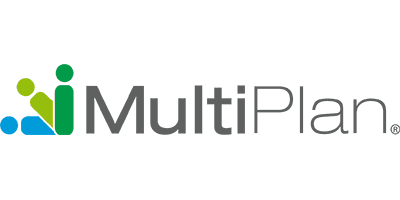
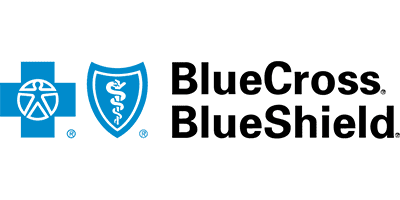
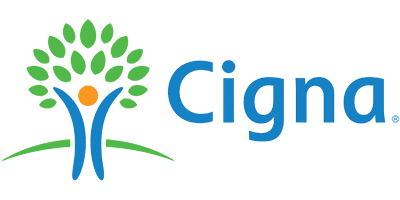

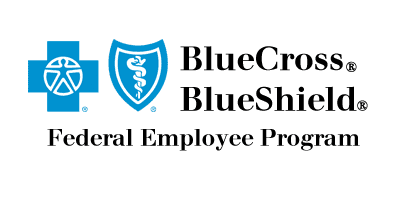
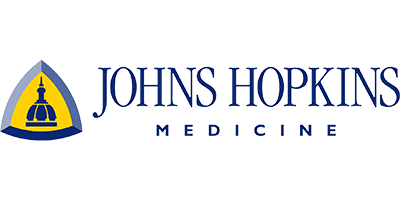
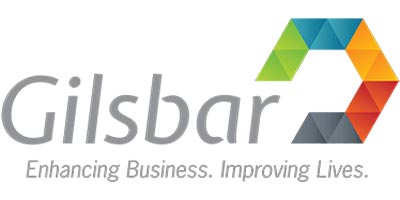
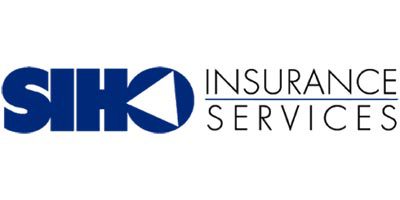
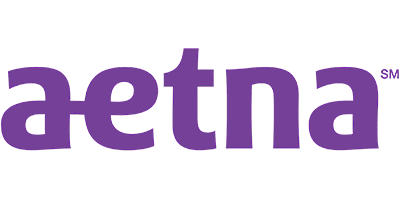



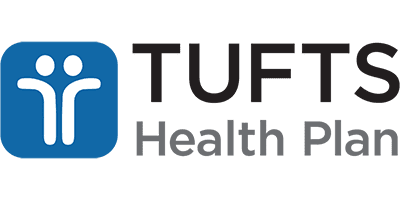
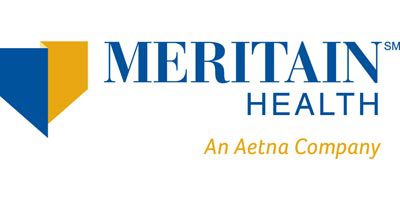




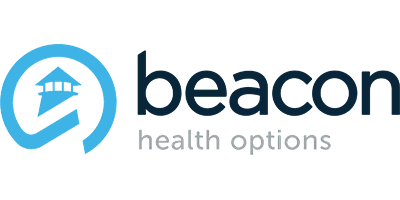












Partner With Our Partial Hospitalization Program in Los Angeles
If you or someone you care about is struggling with drug or alcohol addiction, and outpatient treatments like partial hospitalization programs sound like the best option to recovery without completely disrupting your life, it might be the right time to reach out for some professional help. Too many people try to detox and recover without professional help, and the stress of this can make relapse much more likely. Reach out today to Outpatient Los Angeles to discuss your treatment needs in a confidential setting and begin planning a brighter future.


